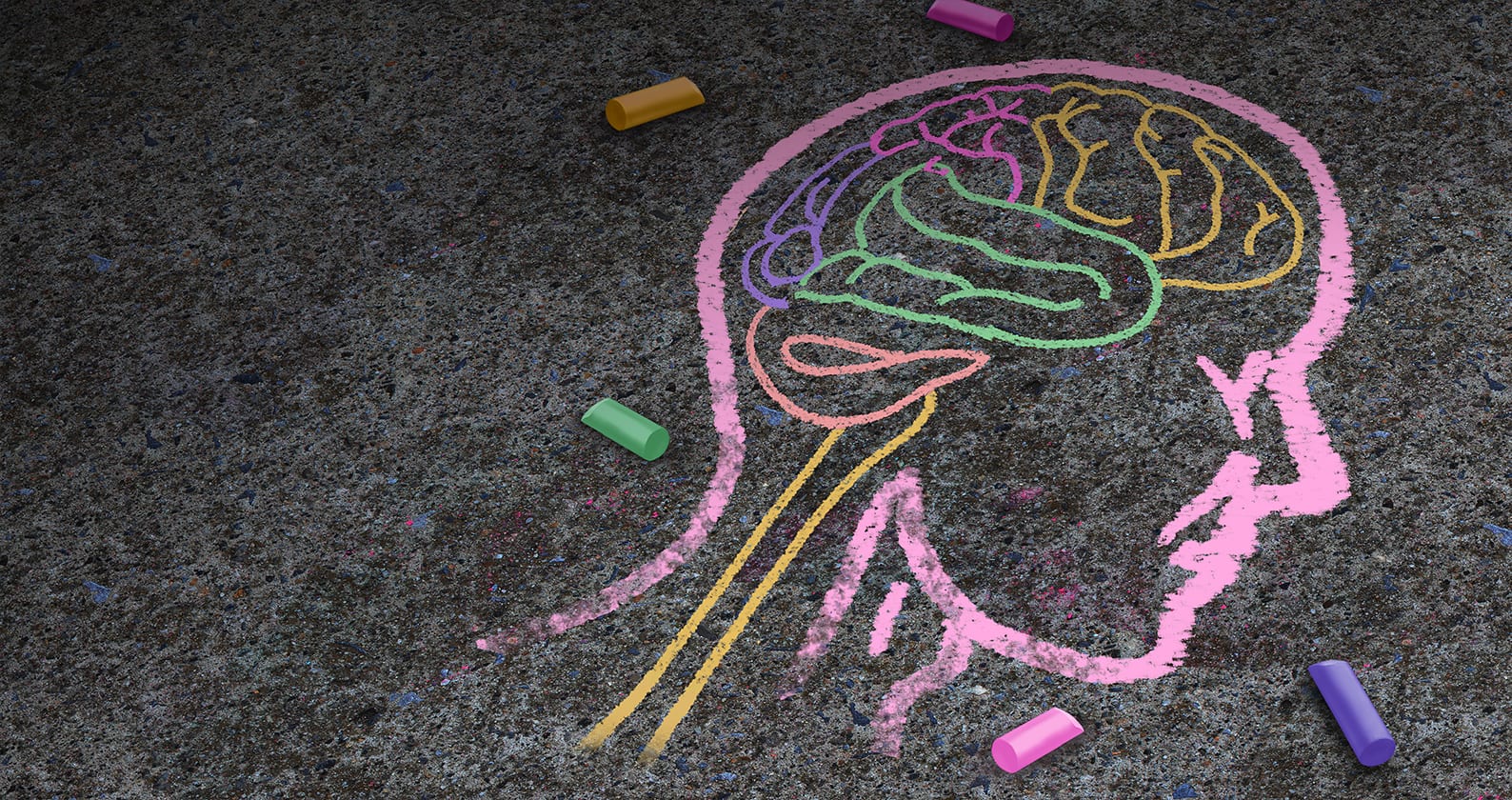Eight out of 10 Australians have strong positive attitudes towards people with autism, a national survey outlined in new Curtin University-led research has found.
The research, published in the journal PLOS ONE, analysed data from an online survey that asked more than 1000 participants who did not have autism about their knowledge and social attitudes towards people living with autism.
Co-author and Dean of Research, Professor Torbjorn Falkmer, from Curtin’s Faculty of Health Sciences and the Curtin Autism Research Group, said the incidence of autism was rising in Australia, with a 41.2 per cent increase between 2012 and 2015.
“People with autism experience higher unemployment rates, fewer educational opportunities, and increased social isolation, which can result in autistic people feeling ‘different’ while trying to live a normal adult life,” Professor Falkmer said.
“Given the stigma surrounding autism in the community, it is important to know what knowledge the general population has about autism and how this may influence their attitudes towards autistic people.
“Our research found that 81.5 per cent of survey participants had a high level of knowledge about autism and 81.3 per cent had a strong positive attitude towards autism. An important factor that influenced attitudes towards autism was knowing and spending time with someone with autism, so this research suggests that is the best way for the general population to find out more about autism.”
The research also found that neither age, nor education level had an impact on people’s attitudes towards autism, but gender did play a role. The findings suggest that women were more likely to have a positive attitude towards autism than their male counterparts.
Co-author Joel Wilson, who is autistic and assisted with the research project at Curtin University, said the project would not have been possible without consultation with autistic people and their supporters.
“The project was initiated by a social media post shared to our community page, asking what kind of research our end users wanted us to undertake. One of the responses was ‘Why is the wider world so ignorant of autism and autistic people?’,” Joel said.
“Our research further investigated this topic and found that the majority of Australians have heard of autism, but there needs to be more work undertaken to ensure people accept autistic people, and understand how to support them.
“The media – whether it be television, movies, radio, or print – plays an essential part in educating society about autism. Media creators have a crucial role of ensuring they publish accurate and factual representations of autism, and the best way creators can do this is by consulting with, and profiling, autistic people, in their own voices.”
The research was co-authored by researchers from the School of Occupational Therapy, Social Work and Speech Pathology at Curtin University, the Cooperative Research Centre for Living with Autism (Autism CRC), Linkoping University and Jonkoping University in Sweden.
The full paper titled, ‘Linking knowledge and attitudes: determining neurotypical knowledge about attitudes towards autism,’ can be found online here.



